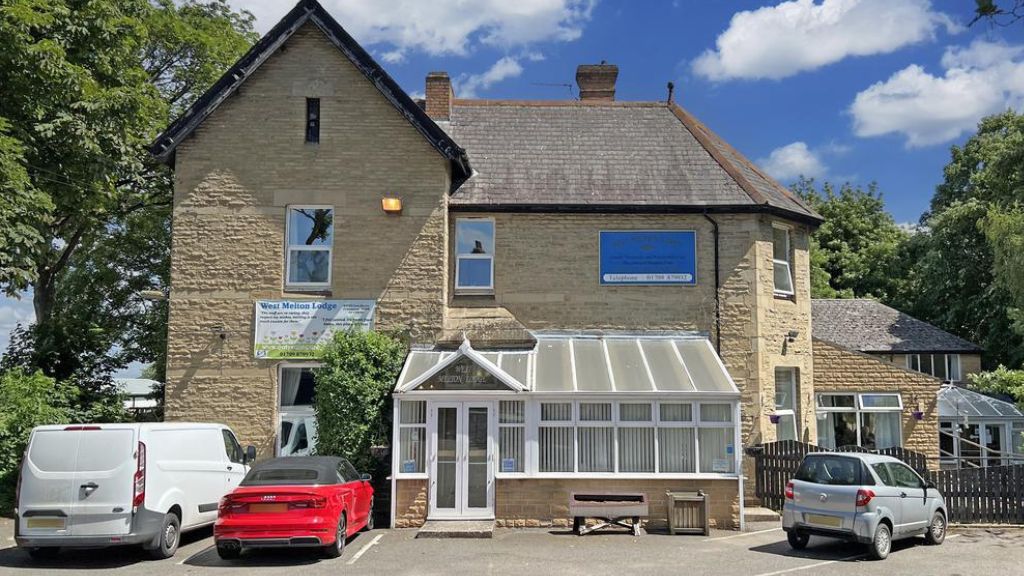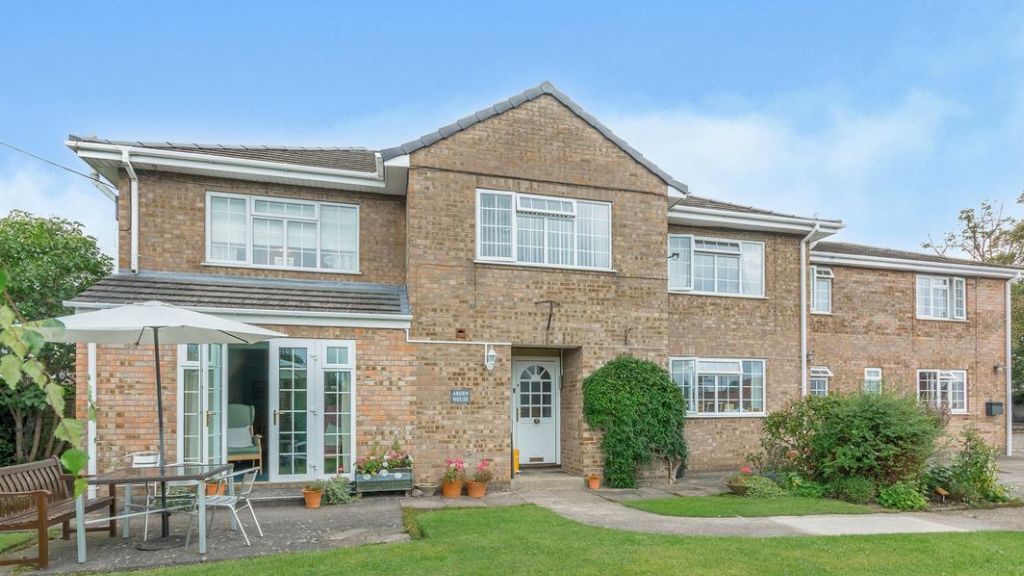A picture paints a thousand words

Orchard Care Homes is introducing pictorial menus in its care homes to help residents with dementia recognise food if they struggle to understand written words. Orchard cares for the elderly in the North of England and the Midlands.
The company said pictorial menus have many advantages over standard menus and methods of taking requests from residents. The combination of a colourful image and text helps people with cognitive loss or impairment make an informed choice on their eating habits and there is also evidence that providing residents with a description and an image is the best method, as this stimulates both the visual and language areas of the brain, increasing the chance of accurate memory recall and the ability to recognise the food they like. Ultimately, residents can make a choice that is more likely to be their own and one they are happy with.
The four-weekly rolling menus feature breakfast, lunch and dinner. Previously, residents were asked to make their meal choices a day in advance but the pictorial menus are now displayed at tables on the day, managing their expectations while they still have the image of the food they chose in their minds.
Jason Hunter, catering lead at Orchard Care Homes said: “The visual images really help residents to understand what’s on the menu and make their choices. Meal times are important, not only from a nutritional aspect but they also provide opportunities for social interaction and build a sense of community. The menus are adapted for individual homes, can be adapted to suit people with special dietary requirements and will be introduced into all our homes in the coming weeks.
Our ultimate goal is to provide the best possible mealtime experience for every individual resident. They are an integral part of day-to-day life and a catalyst for the health and wellbeing of our residents.”




